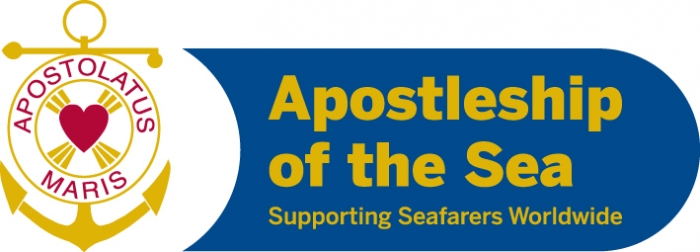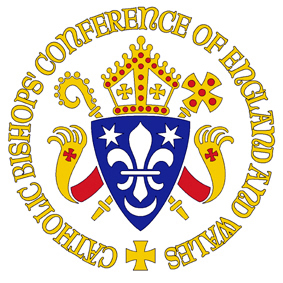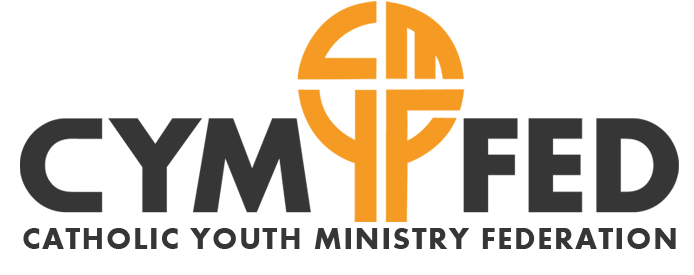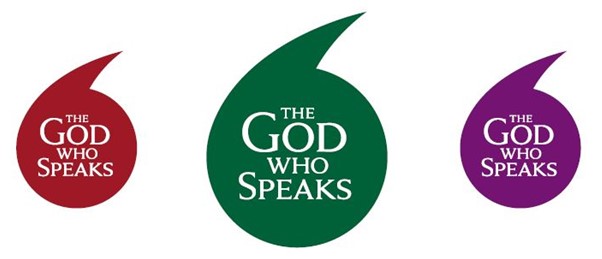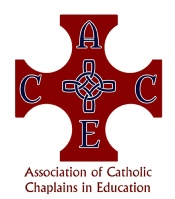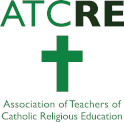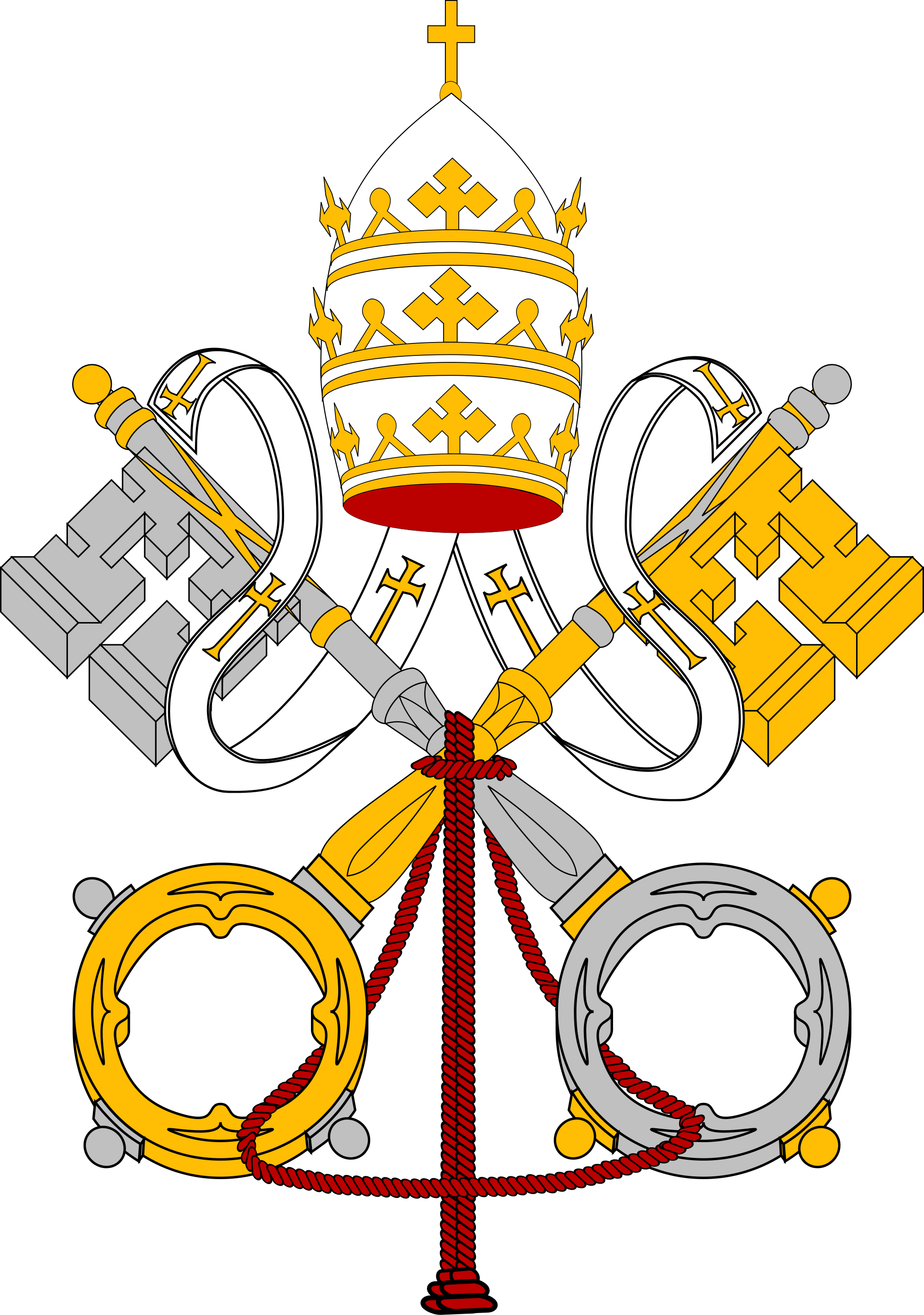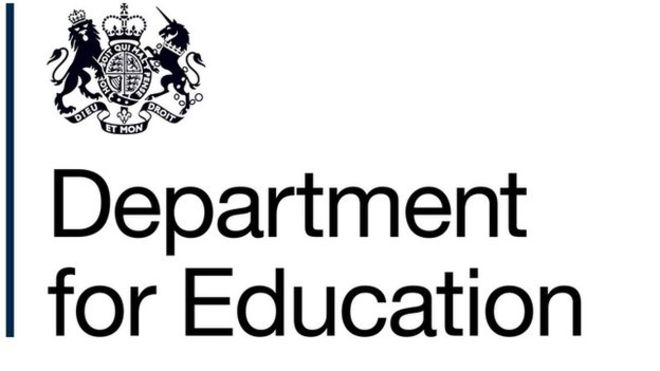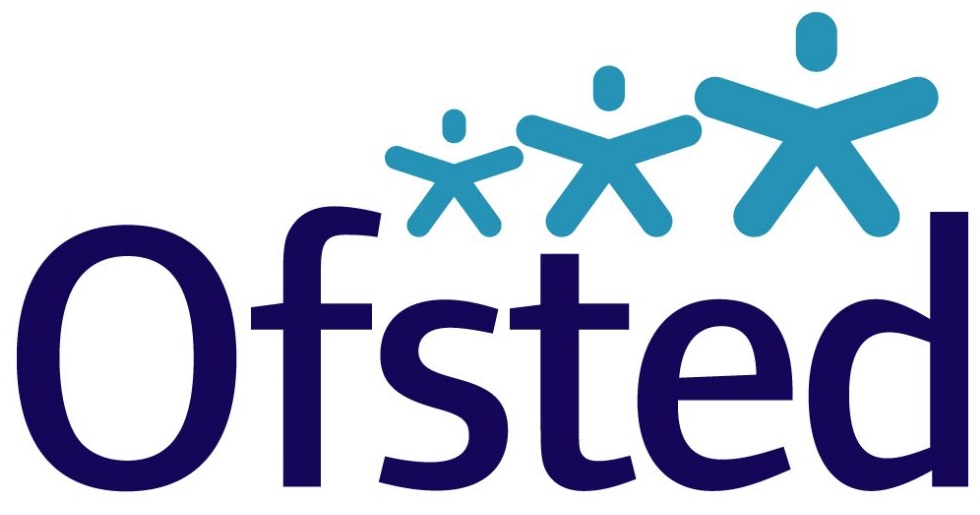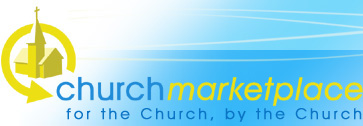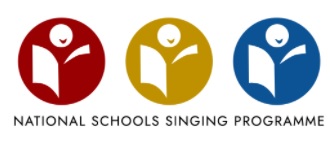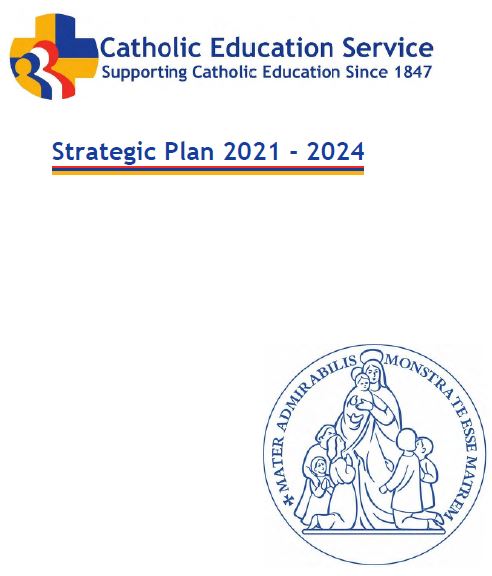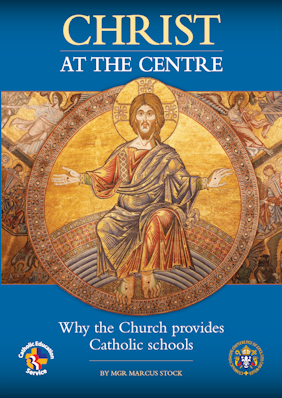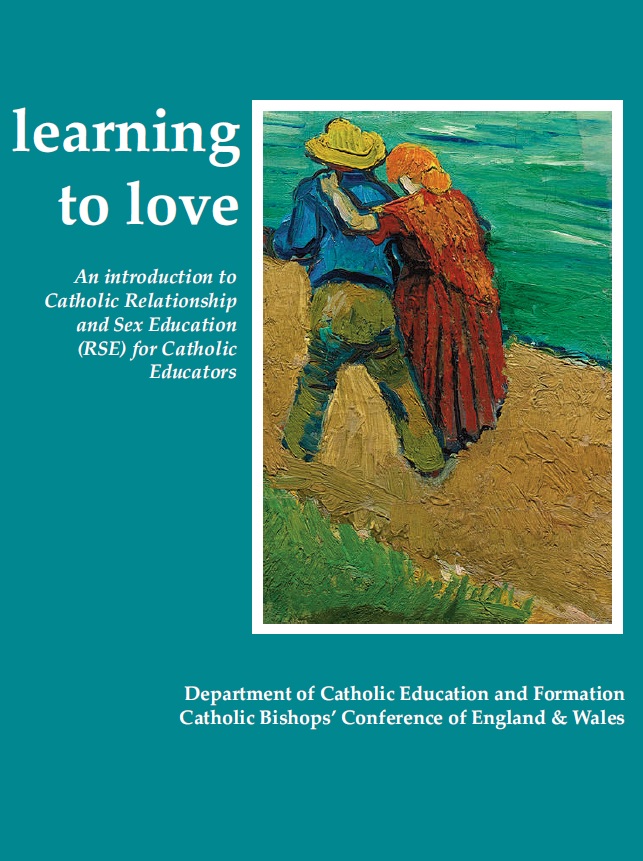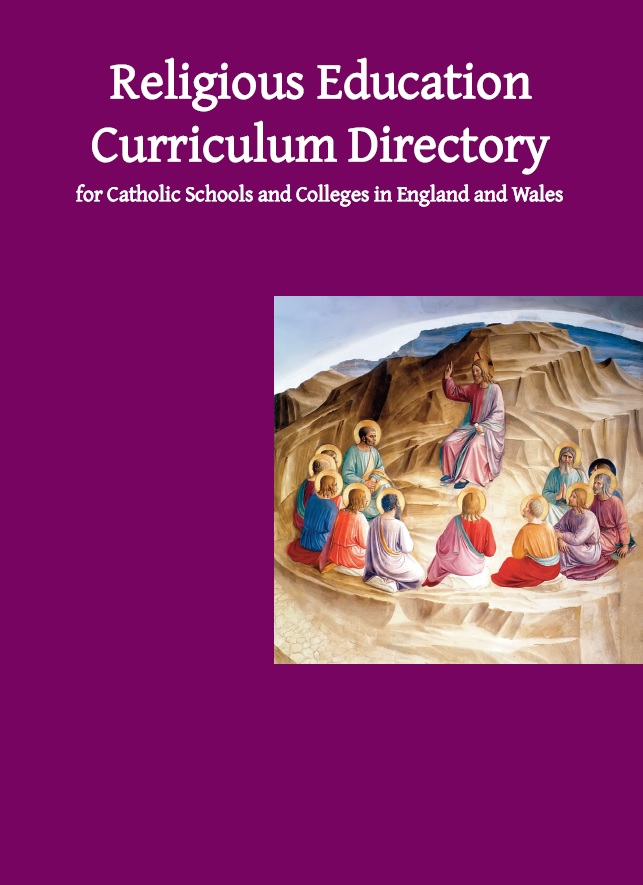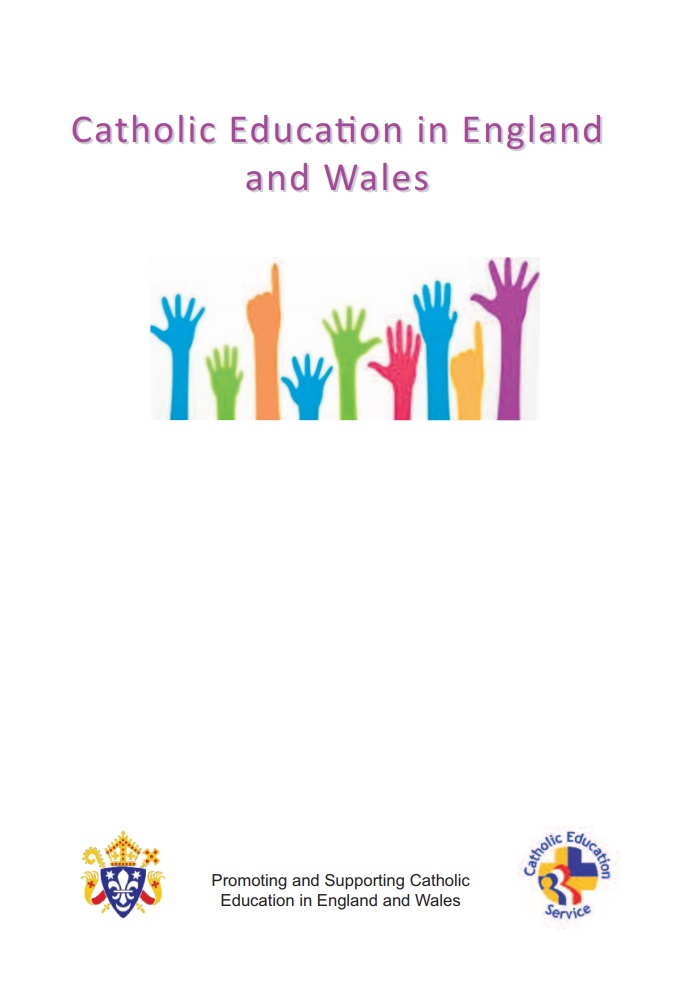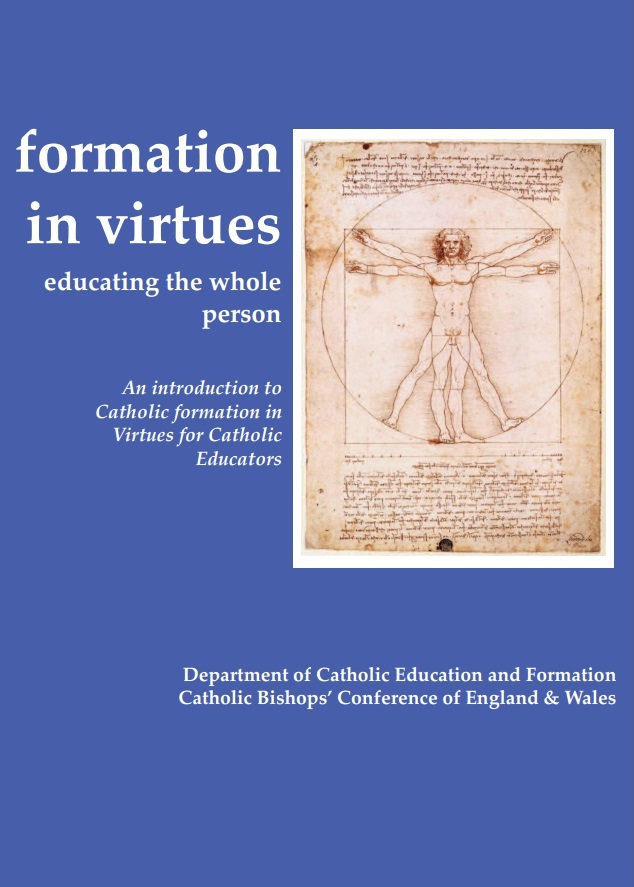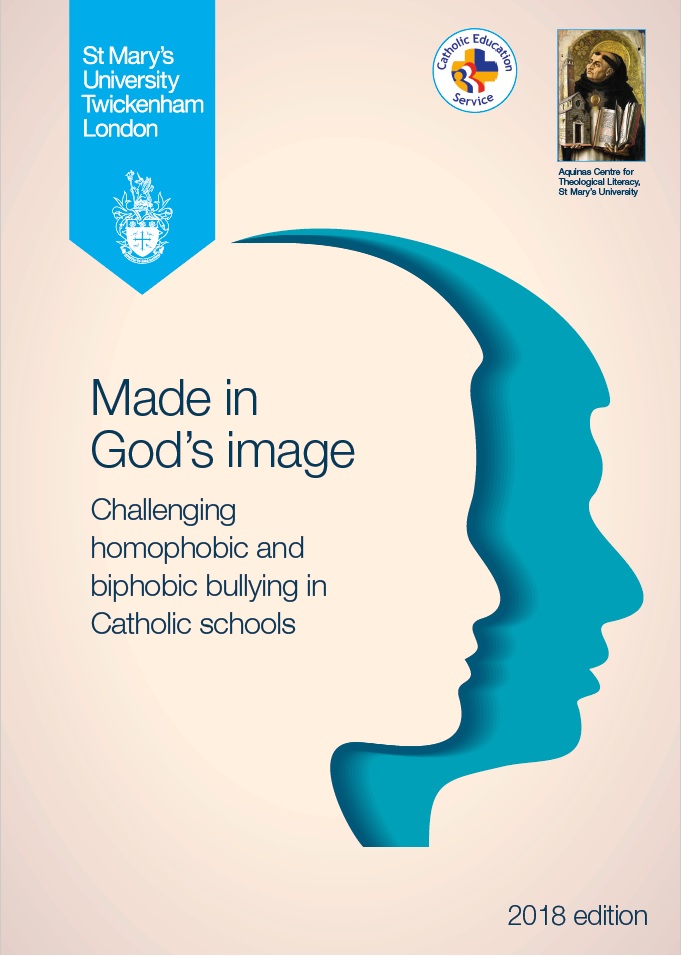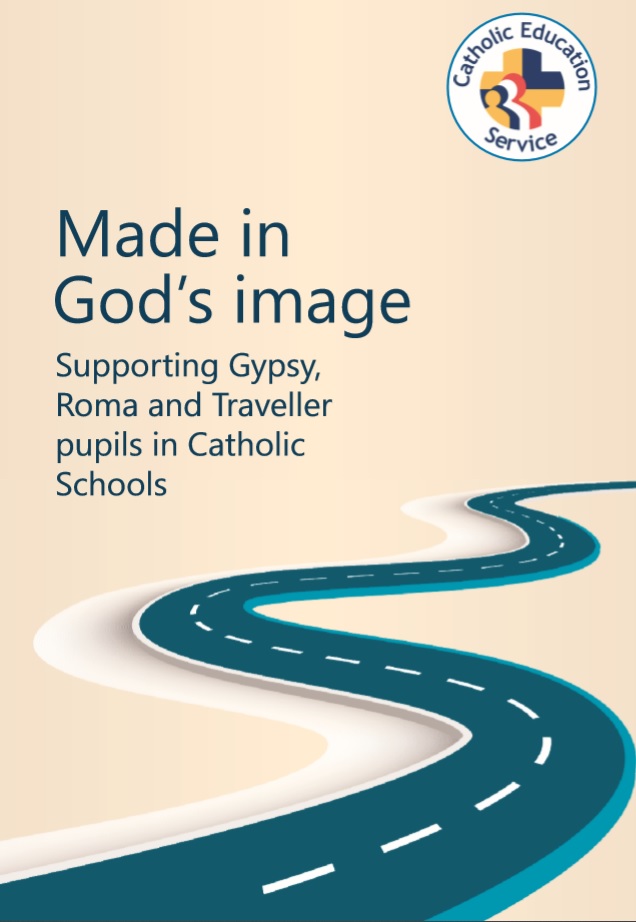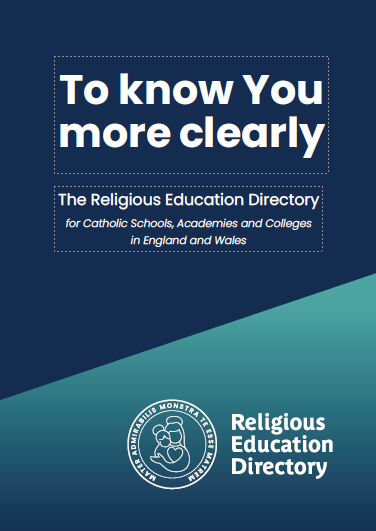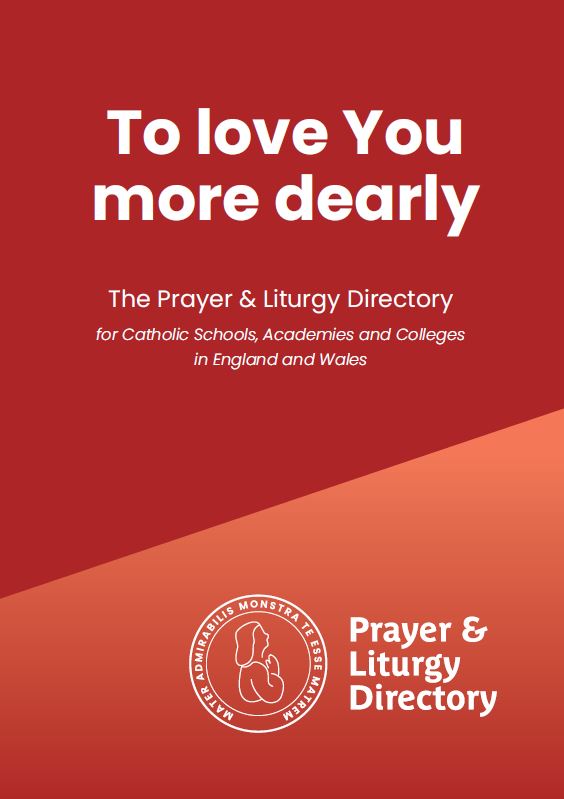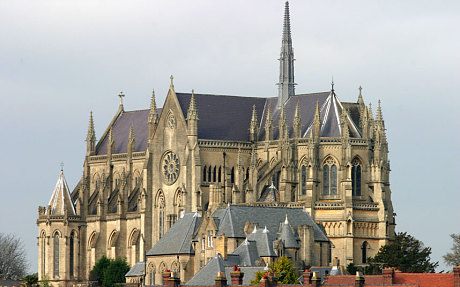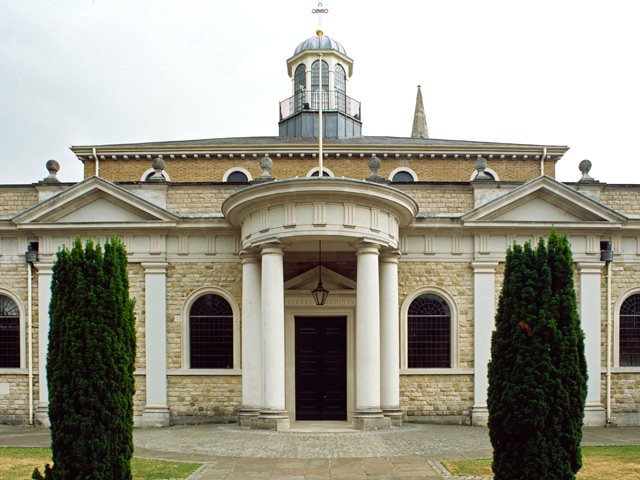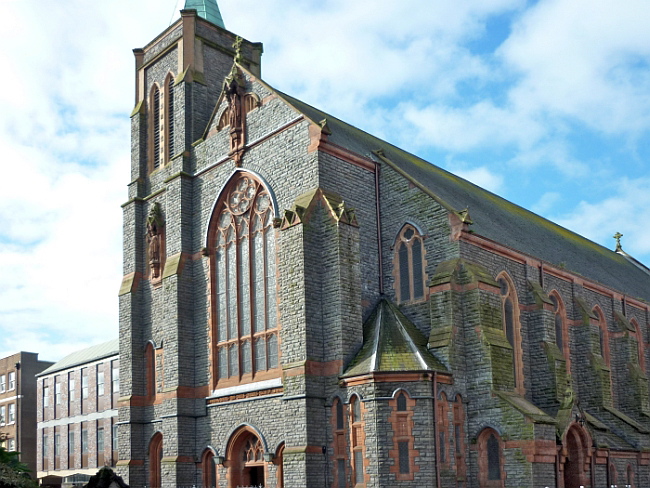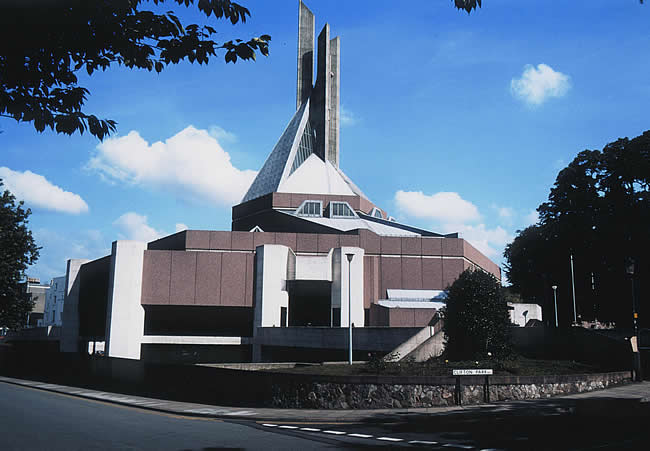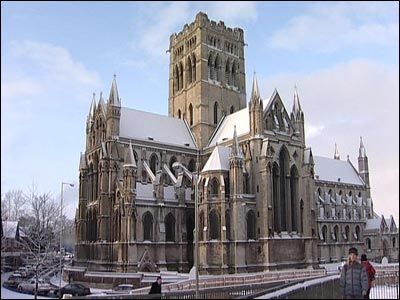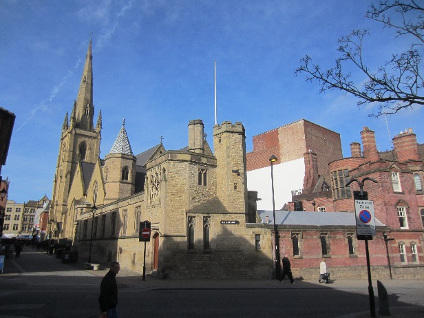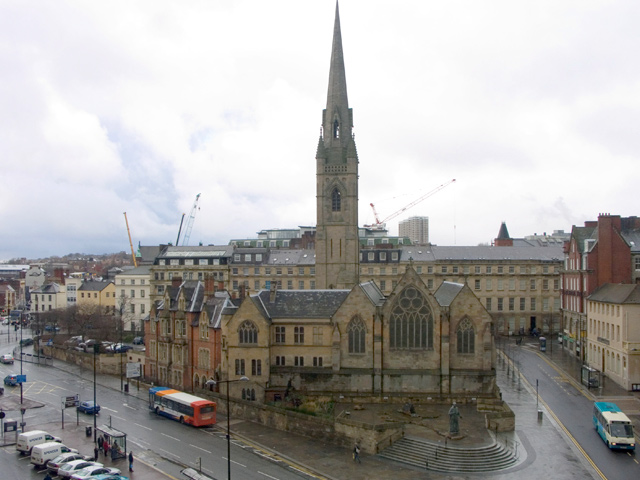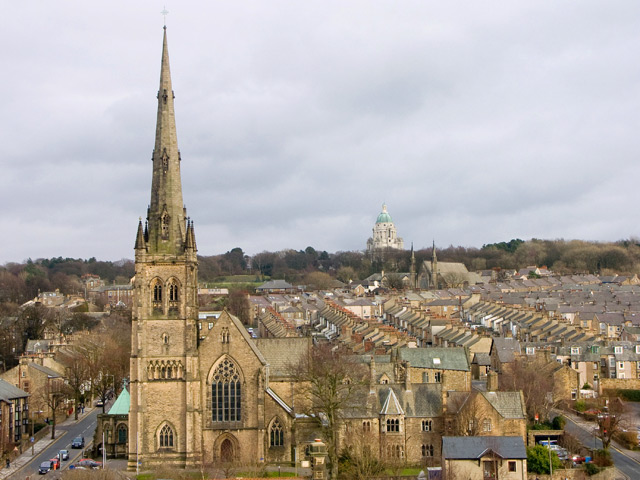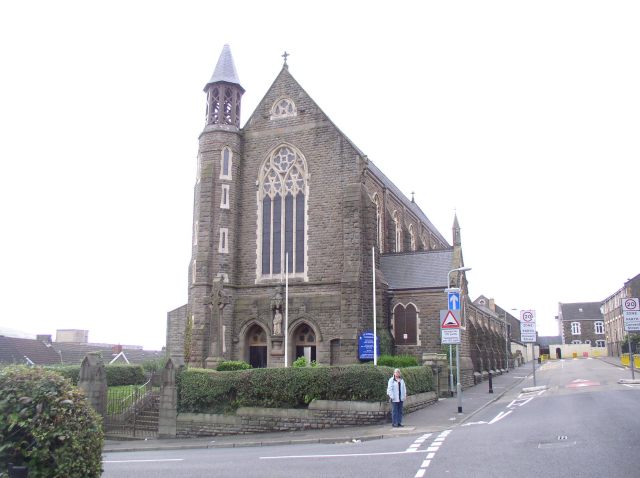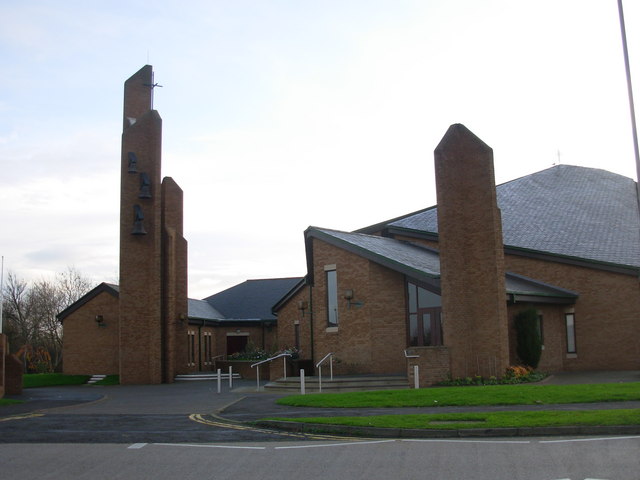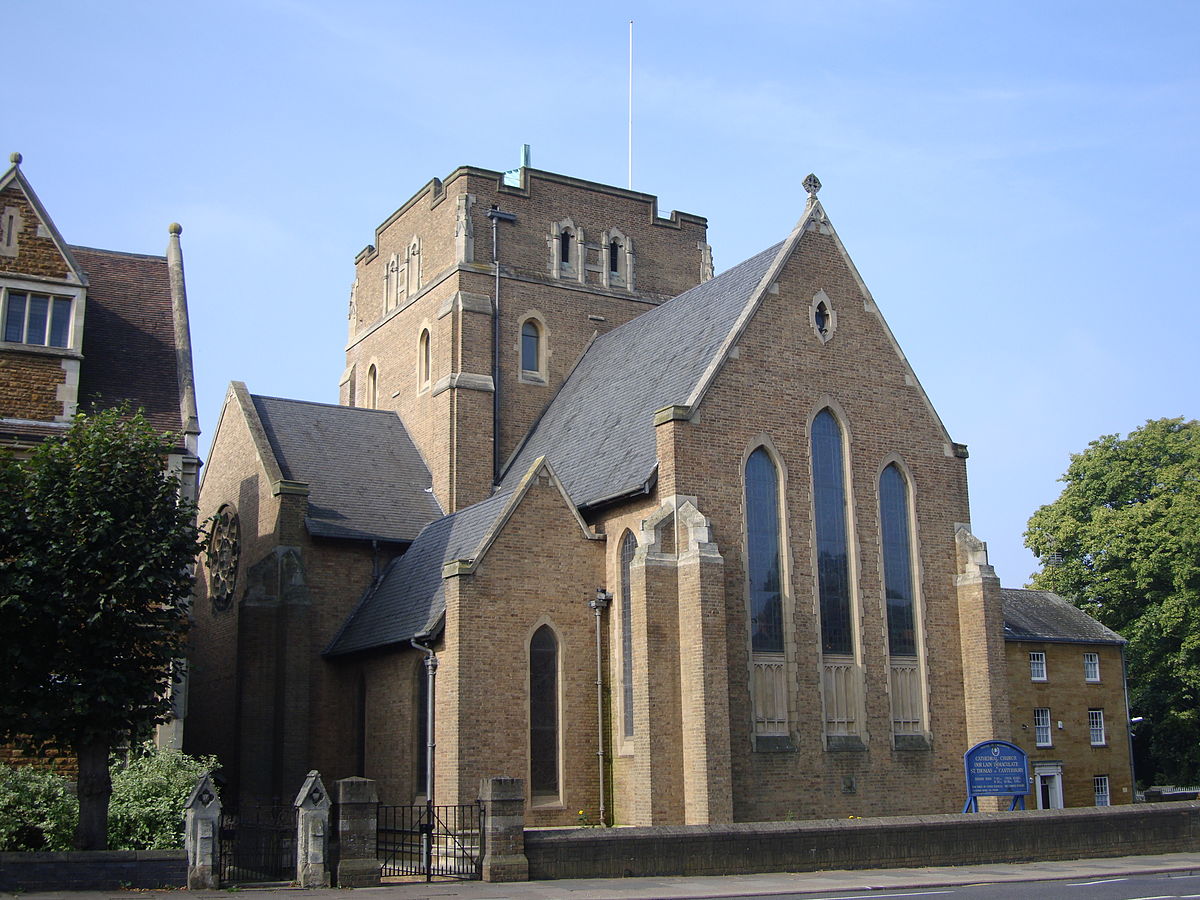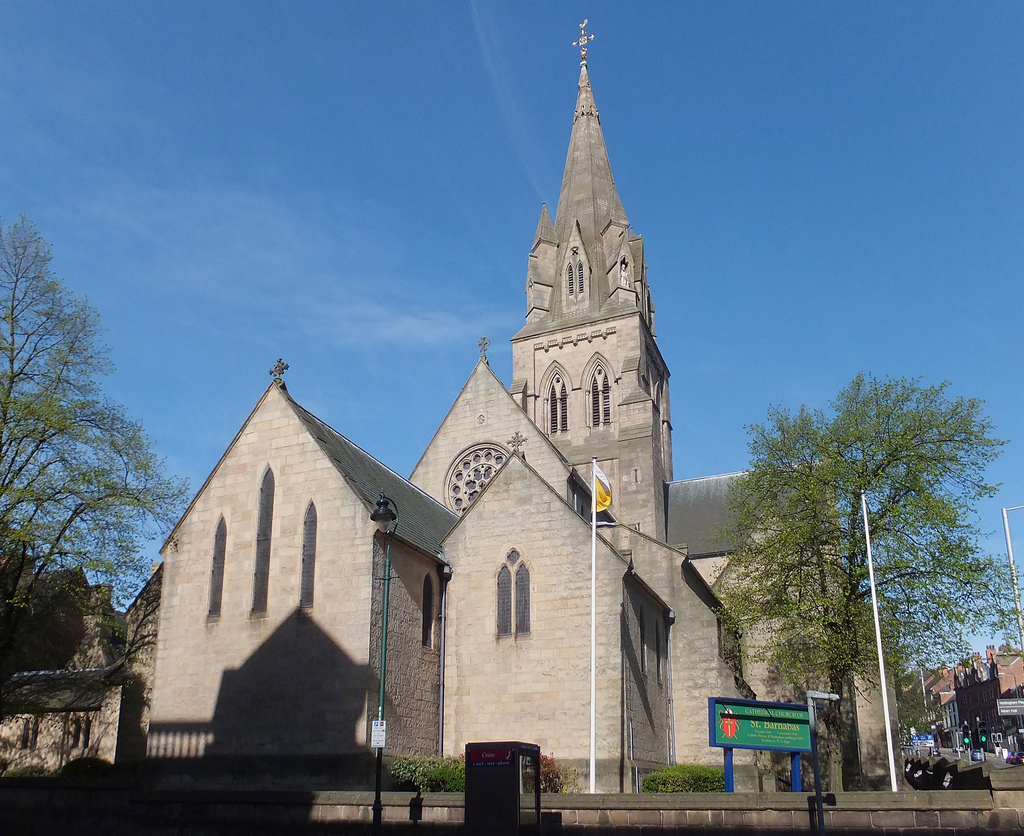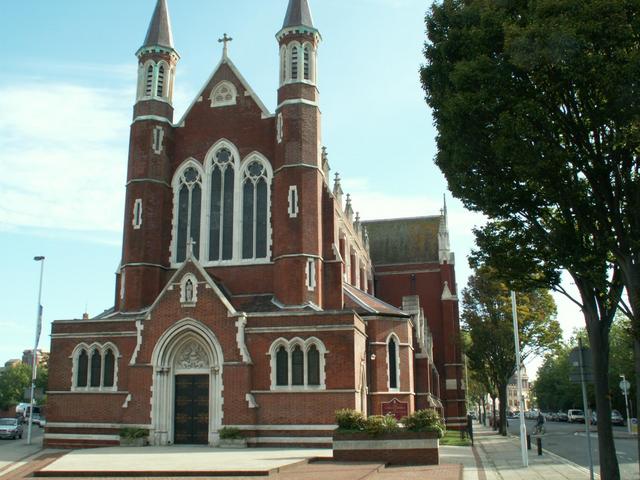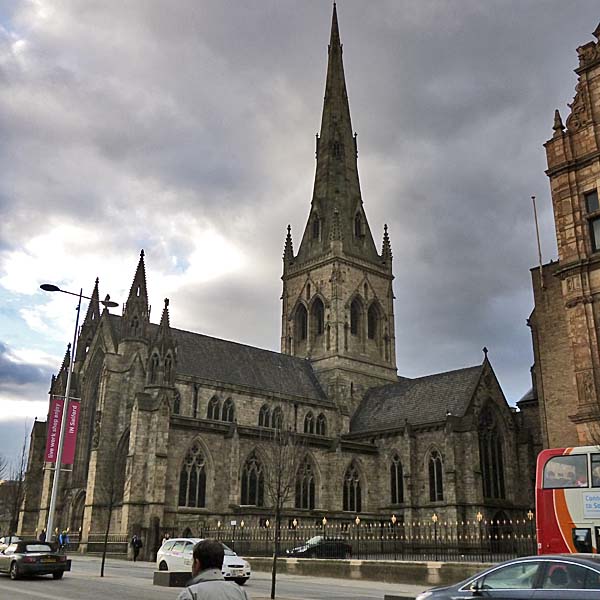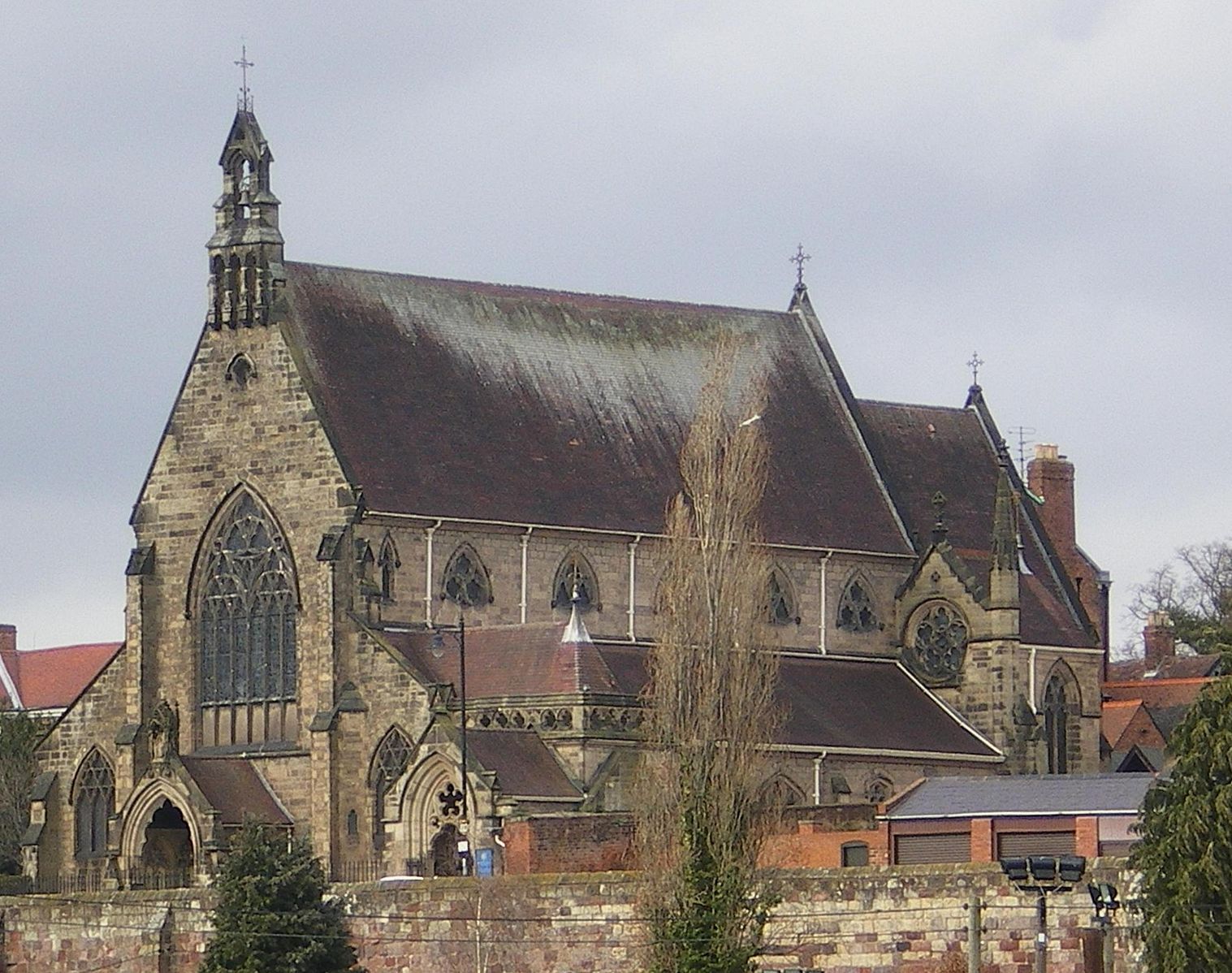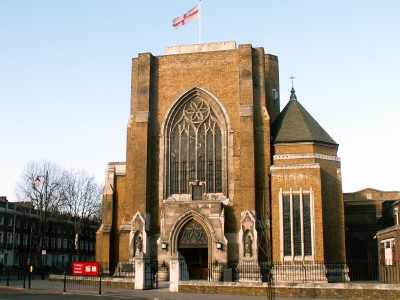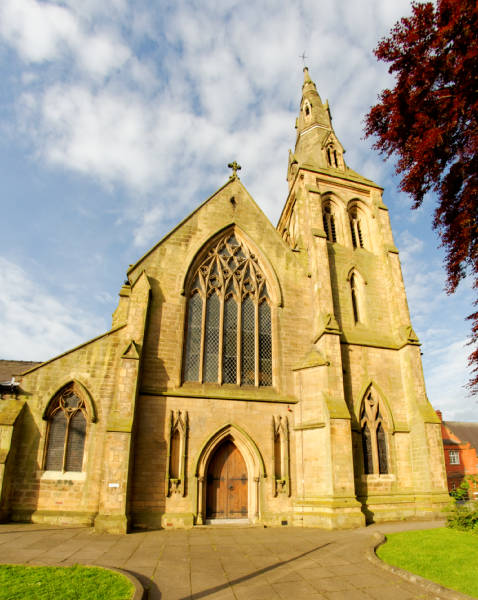About Us (8)
The Catholic Education Service (CES) is the Bishops’ national agency for education. It represents Bishops’ national education policy in relation to the 2300 Catholic schools, colleges and university colleges which the Church is responsible for across England and Wales.
The CES negotiates with the Westminster and Welsh Governments and other national bodies in order to safeguard and promote Catholic education. It also offers a Catholic contribution to the English and Welsh educational landscapes, seeking to ensure that the principles of Catholic Social Teaching are reflected in all aspects of national education policy.
The CES works closely with Catholic education bodies in Scotland and Ireland, and with the European Committee for Catholic Education, to promote Catholic education at an international level. Within England and Wales, the CES liaises with the Church of England’s National Society and other faith groups, to ensure that, where appropriate, the different faith communities speak with one voice on educational issues of mutual concern.
The CES is an agency of the Catholic Bishops’ Conference of England and Wales and, as such, works closely with the CBCEW Department for Education and Formation.

A Brief History of Catholic Education in England and Wales (1)
The Catholic Church was arguably the first provider of schools and universities in England and continues to be a significant provider of education today.
View items...
Links (0)
Here you will find a series of useful links to outside organisations which support Catholic education.
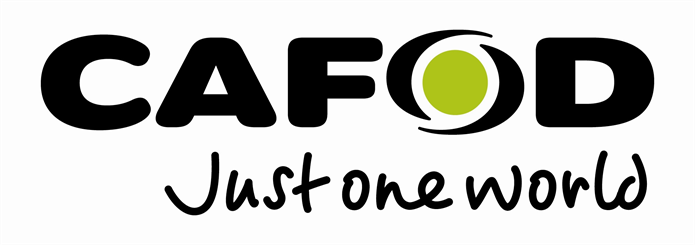 |
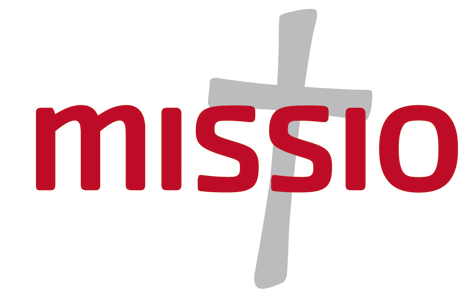 |
|
Sixth Form Colleges
There are 14 Catholic sixth form colleges across England and Wales, all of which deliver further education. More information about them may be found in our schools' directory. Many Catholic secondary schools also have sixth forms.
These Catholic sixth form colleges are collectively known as ACVIC (Association of Catholic Sixth Form Colleges). They are listed below:
Catholic Universities
There are four Catholic universities:
- Leeds Trinity University
- Liverpool Hope University
- Newman University
- St Mary's University Twickenham
Ecclesiastical Faculties
The Ecclesiastical Faculties of Philosophy and Theology, formerly at Heythrop College, were transferred to St Mary’s University in 2019:
The Cathedrals Group
The Cathedrals Group (also know as The Council of Church Universities and Colleges (CCUC)) is an association of sixteen universities and university colleges with Church foundations.
Members share a common faith heritage and a strong commitment to values such as social justice, respect for the individual and promoting the public good through their work with communities and charities.
The CES is a partner of the Cathedrals Group. You can find out more about its work on its website: http://www.cathedralsgroup.ac.uk/
Institutions in membership of the Cathedrals Group which have Catholic connections are Leeds Trinity University, Liverpool Hope University, Newman University, St Mary's University Twickenham and the University of Roehampton.
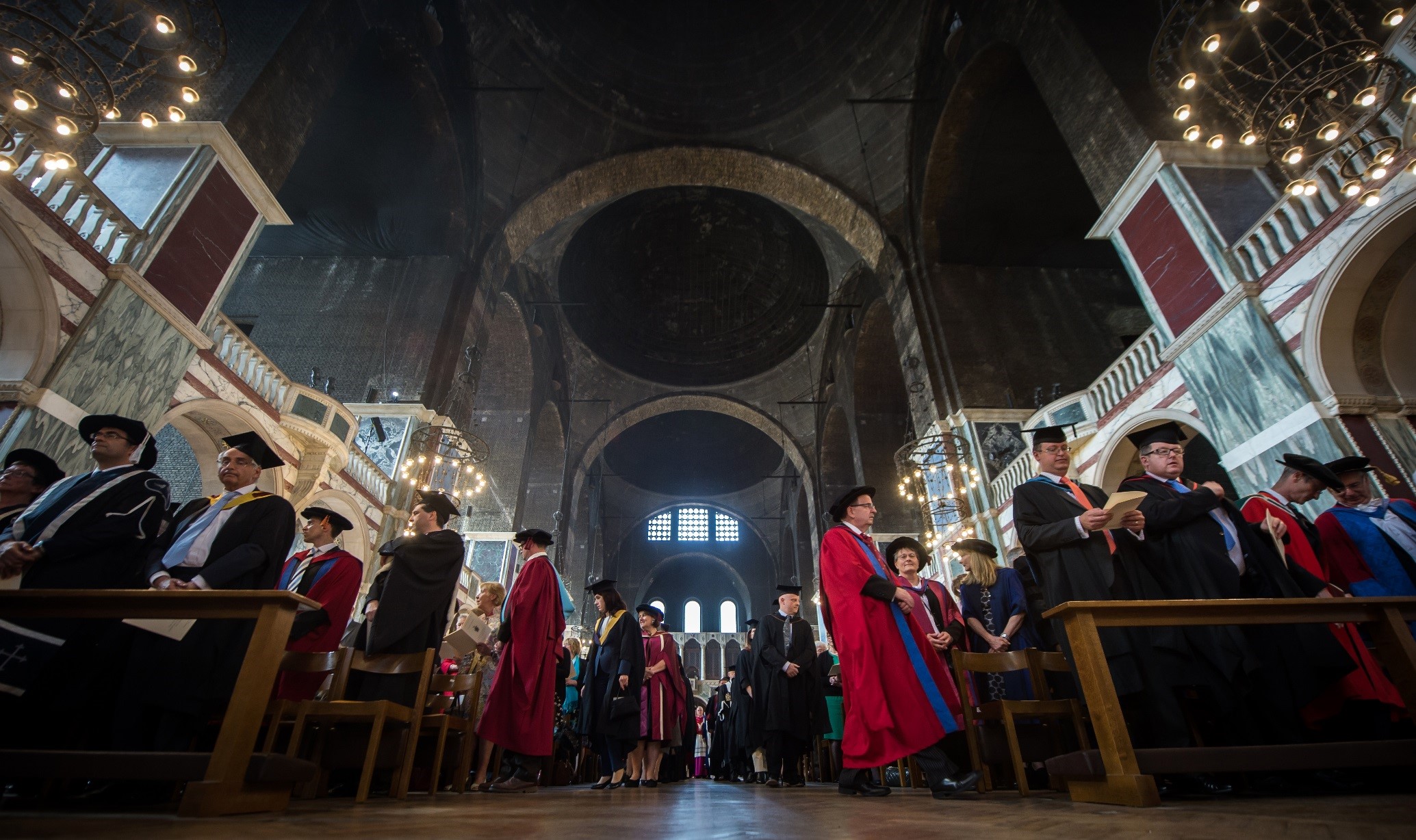
Institutes of Higher Studies
There are a number of higher education institutes and study centres which have Catholic connections. These are listed below, with links to their websites.
- Blackfriars Studium, Oxford
- Campion Hall, Oxford
- Centre for Catholic Studies, Durham University
- Margaret Beaufort Institute of Theology, Cambridge
- Maryvale Institute, Birmingham
- Von Hugel Institute St Edmund's College, Cambridge
Contact Details
Address: Catholic Education Service, 39 Eccleston Square, London, SW1V 1BX
Telephone: 0207 901 1900
Email: This email address is being protected from spambots. You need JavaScript enabled to view it.
Journalists' enquiries: This email address is being protected from spambots. You need JavaScript enabled to view it. - out of hours send text message to 07780131319
Leadership Team
The Right Reverend Marcus Stock Chairman
Paul Barber Director
Catherine Bryan Assistant Director (Education)
Christine Fischer Assistant Director and Head of Legal
Philip Robinson Chief Inspector, Catholic Schools Inspectorate
Catholic Schools Inspectorate
Jane Goring Project Lead
Education Team
Maureen Glackin Religious Education Adviser
Angela Keller Education Adviser for Wales
Arthur Naylor Education Adviser for Higher Education
Robert Rushworth CES Census Lead
Eileen Williams Projects Manager and PA to Director
Legal Team
Keri Goddard Senior Solicitor
Jacqui Callcut Solicitor
Public Affairs Team
Marie Southall Director of Partnerships and Public Affairs
Tom Burke Partnership and Public Affairs Manager
James Willsher Communications Manager
Elena Attfield Partnership and Public Affairs Officer
Elizabeth Jellie Partnership and Public Affairs Officer
Management Committee
The Right Reverend Marcus Stock Bishop of Leeds
The Right Reverend Mark Davies Bishop of Shrewsbury
The Right Reverend Philip Egan Bishop of Portsmouth
Kate Griffin
The Right Reverend John Sherrington Auxiliary Bishop of Westminster
Monsignor Canon John Weatherill
The Right Reverend Alan Williams Bishop of Brentwood
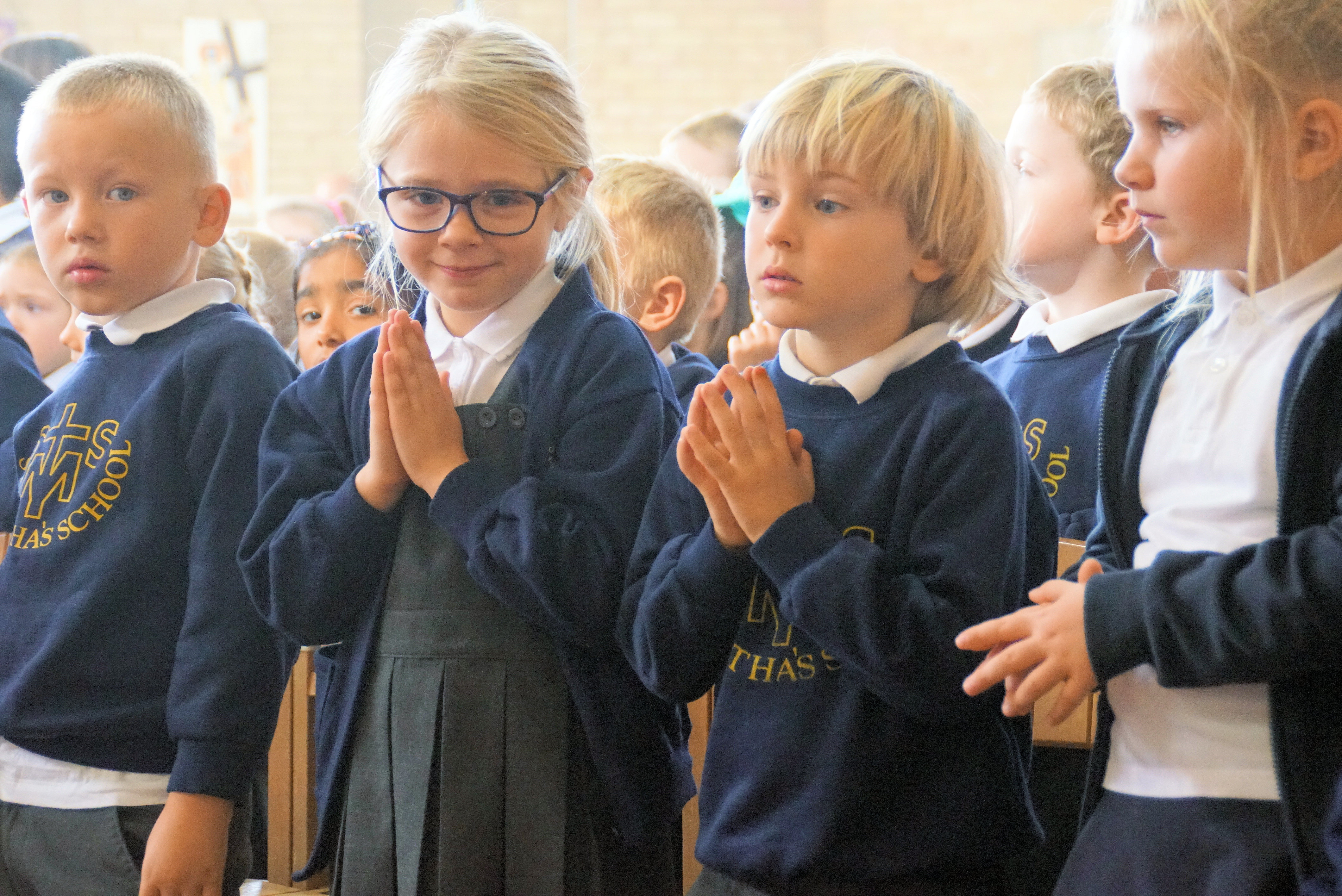
There are more than 29,000 schools in England and Wales. Within the state-funded sector, all Catholic schools are either voluntary aided schools or academies (academies do not apply in Wales).
How many Catholic schools are there?
There are 2,087 Catholic schools in England and 82 Catholic schools in Wales. Catholic schools make up 9% of the national total of state funded schools. The Catholic Church is the largest provider of secondary education and the second largest provider of primary education in the country.
How many pupils attend Catholic schools?
There are just over 850,000 pupils in Catholic schools. These pupils are educated in a culture of inclusion, tolerance and mutual respect, providing pupils with a collection of values that enable them to play a full part in British society in service of the common good.
Do Catholic schools use admissions to select children from affluent backgrounds?
Like all schools, Catholic schools have over-subscription criteria in order to fairly determine school places. Church teaching places a duty on Catholic schools to care for the poor and educate those who are socially, academically, physically or emotionally disadvantaged. This is reflected through the pupil populations in Catholic schools.
Catholic schools serve a wide range of diverse and disadvantaged communities, many of whom come from the new and old migrant communities. Catholic schools educate 50% more pupils from the most deprived backgrounds than the state sector. Just under a fifth of all pupils in Catholic statutory education meet the highest national deprivation criteria, compared to a 12.8% England average. Similarly, a quarter fewer pupils from the more affluent areas attend Catholic schools.
Do Catholic schools serve their local community?
On average, Catholic schools have catchment areas ten times larger than community schools. This means their pupil population sometimes does not directly mirror the local community immediately surrounding the school. A larger catchment area increases social mixing and children from different communities and areas are brought together. Pupils from ethnic minorities make up 45.5% of the Catholic school population, compared to an England state school average of 37.4% — for Wales the Catholic figure is 35.6%, and the Welsh average 14.3%.
Are Catholic schools only for Catholic children?
Catholic schools welcome children from families from a range of faith backgrounds: 40% of pupils at Catholic schools are of other faiths or none. Catholic schools educate more than 348,894 non-Catholics and have a track record of supporting minority religions as they integrate into the local community.
Do Catholic schools teach the national curriculum?
All Catholic voluntary aided schools teach the national curriculum including evolution and reproduction in science. Catholic schools do not teach creationism as to do so would be against the teaching of the Catholic Church.
Do Catholic schools teach about other faiths?
Yes. Catholic schools are obliged to follow guidance from the Catholic Bishops' Conference which states that Religious Education must provide pupils with a basis of knowledge and theological understanding of the Catholic faith and an awareness of the faith and traditions of other religions in order to respect and understand them.
Do Catholic schools teach Relationship and Sex Education (RSE)
In accordance with guidance from the Department for Education, Catholic schools teach Relationship and Sex Education in an age-appropriate way. Moreover, the Catholic sector is the only education provider to have a comprehensive model RSE curriculum for ages 3 to 19.
How are Catholic schools and academies accountable?
Catholic schools and academies have the same accountability to the local authority/Department for Education/Welsh Government as non-Catholic schools and academies. In addition to this, they are also subject to an extra inspection regime to provide accountability to their diocesan bishop that high academic standards and the Catholic life of the school are maintained.
Who funds Catholic schools?
The school buildings and land of Catholic schools are owned by the Catholic Church. The Church provides these premises, at no charge, to enable the state to fulfil its obligation to provide education for the population. The day to day running costs of Catholic schools are funded by the state in the same way that all schools are funded (either through local authority or DfE funding agreements). The Church covers 10% of the capital costs for the maintenance of the premises in all voluntary aided schools.
Through this arrangement the Catholic Church saves the taxpayer tens of millions of pounds a year.
Do you have to be Catholic to teach in a Catholic school?
More than 40% of teachers in Catholic schools in England and Wales are Catholic. Catholic schools value and respect all staff members regardless of backgrounds or beliefs and promote and support the vocation of teaching.
For certain leadership positions (e.g. Headteacher, Deputy Headteacher and Head of Religious Education) there is a requirement that the position be filled by a practising Catholic in order to maintain the Catholic ethos of the school. This is in line with the Equalities Act 2010.
A Brief History of Catholic Education in England and Wales
Written by Bob RushworthThe Catholic Education Service (CES) acts on behalf of the Catholic Bishops' Conference to support Catholic education. We have a strong and positive working relationship with the British and Welsh Government, sharing the aims of high academic standards for all and increased parental choice.
Catholic schools make up 10% of the national total of maintained schools. There are 2,169 Catholic schools, academies and colleges in England and Wales educating over 850,000 pupils. The Catholic Church and the Church of England together provide one-third of all of the schools in the country and account for 98% of all schools with a religious character.



